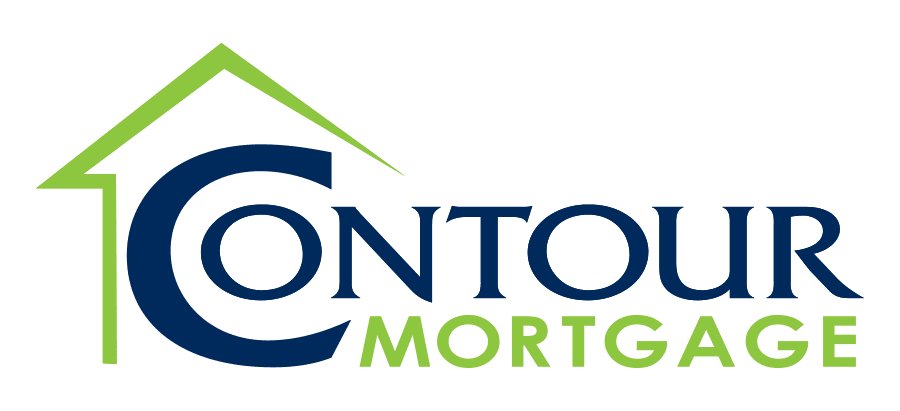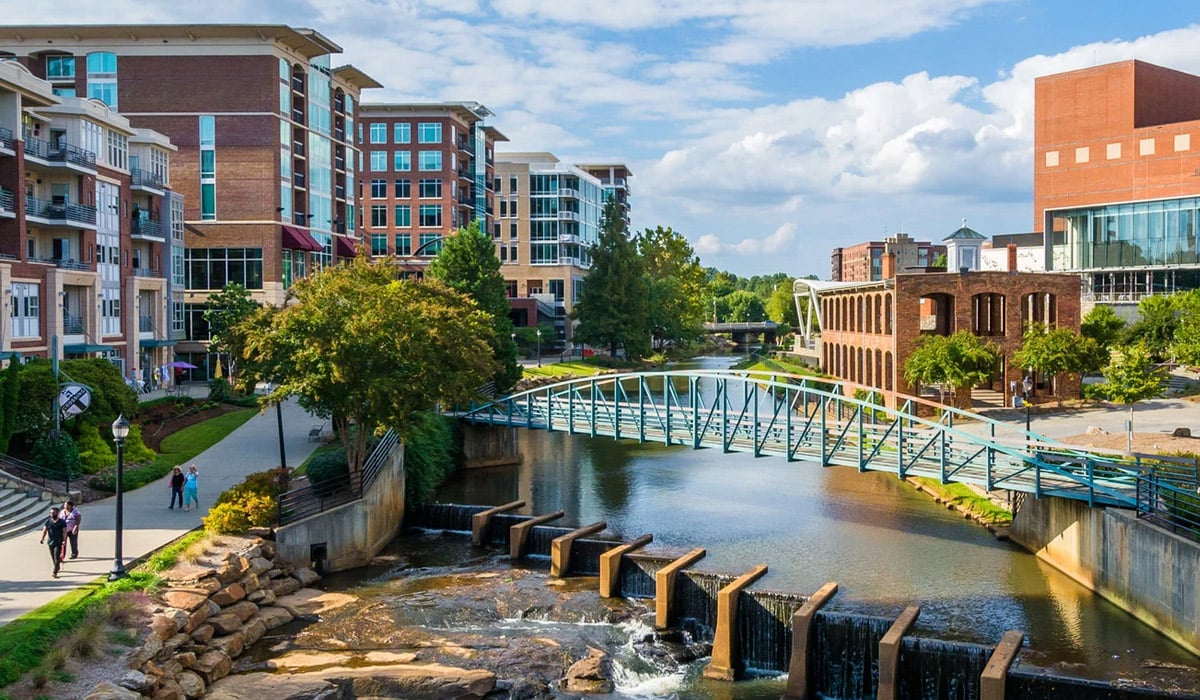If you’re looking to purchase a home, limited inventories, mortgage approvals, bidding wars, and other concerns have likely been top of mind.
It’s important to know, however, that these and other challenges are easily overcome when working with a reputable lender such as Contour Mortgage!
Some of the most popular financing products for conventional mortgages are government-backed home loans. These help prospective buyers who might otherwise be unable to afford a new home. They also often provide exemptions from closing costs, private mortgage insurance (PMI), and other expenses.
The most common are offered through the Federal Housing Administration (FHA), U.S. Department of Agriculture (USDA), and Veterans Affairs (VA) for active and retired U.S. military personnel.
Suitable for a new home purchase or improvement and rehab projects, each has its own requirements. Choosing the right one is based on several factors, including credit ratings, debt-to-income (DTI) ratios, down payment amounts, and more.
Learn more about the benefits, qualifications, and requirements of government-backed loans offered through Contour Mortgage.
What Are Government-Backed Home Loans?
Granted, insured, and subsidized by the U.S. government, these non-conforming loans are available only through an approved mortgage banker or lender. Should the borrower default or foreclose on the property, the respective agency is responsible for repaying the underwriting lender.
With varying cost structures and qualifications, they all feature more lenient requirements than conventional loans. The FHA offers loans with only 3.5 percent down, for example, while the VA exempts qualified active duty and retired military personnel from PMI. Those seeking their dream homes in rural or sparsely populated areas could benefit from USDA loans.
Government-Backed Home Loan Types
Choosing the right government-backed loan is dependent on several factors, including your budget, down payment, DTI ratio, credit score, and more.
All such loans can finance primary residence single-family homes, multi-family dwellings, and condos and co-ops. This also applies to home improvement or rehabilitation projects, refinancing, and reverse mortgages.
It’s best to work with a Contour Mortgage loan officer to understand which is right for you. Meanwhile, consider the following qualifications and requirements.
FHA Home Loans
Perhaps one of the most attractive requirements is this loan’s 3.5 percent down payment. While it doesn’t mandate PMI, borrowers are still responsible for upfront mortgage insurance premiums (UFMIP). These consist of upfront guarantee and annual fees—the former 1.75 percent of the total loan, the latter 0.35 percent of the remaining principal.
In certain situations, closing fees and costs will be absorbed by sellers, builders, or mortgage lenders. Additional benefits include the buyer assuming the seller’s current outstanding mortgage.
Depending on location and cost-of-living requirements, FHA loan limits can vary, so it’s recommended to review the FHA Mortgage Limits Tool for exact amounts.
Gifting is another option, whereby family members, friends, employers, or other approved sources can transfer up to 100 percent of the down payment. Applicable for home purchase or rehab projects as well as closing costs and other fees, gifting must be claimed on yearly tax returns if exceeding $15,000, per Internal Revenue Service (IRS) limitations.
Learn more about gifting on the HUD website, or contact a Contour Mortgage loan officer.
Reverse Mortgages
Those age 62 and over, or who’ve paid down the majority of the loan can tap into current home equity as cash for remaining payments and home improvements via FHA-sponsored reverse mortgages. A Home Equity Conversion Mortgage (HECM) pays the borrower back as tax-free monthly income, provided they remain in the home with solid financial standing.
203(k) Renovation/Rehab Loans
FHA-sponsored 203(k) rehab loans can finance new or existing home purchases. Based on the anticipated post-improvements value, these loans can be used for additions, cosmetic updates, foundation and structural upgrades, and more.
Available as Standard 203(k) and Limited 203(k), the former is best for major structural repairs and damages, while the latter is appropriate for projects less than $35,000.
USDA Loans
Backed by the Rural Development Guaranteed Housing Loan Program, USDA loans are exempt from PMI and required down payments. These 30-year, fixed-rate loans are applicable for first-time and repeat home buyers seeking properties within designated location criteria per the USDA website. Eligibility requirements include paved road access, appropriate zoning, and operating utilities.
Similar to FHA loans, these require UFMIPs, two years of consistent income, average credit scores, and a balanced DTI ratio.
VA Loans
Contour Mortgage is proud to assist active service members, veterans, and eligible surviving spouses as a VA-approved and military-friendly community lender!
VA loans help borrowers finance a new home or rehab project if utilized as a primary residence. To qualify, applicants must have served at least six months active duty in any U.S. military branch, six years as a reservist or National Guard member, or been on active duty for at least 181 days. Those who participated in combat military service for at least 90 days also qualify.
These loans don’t require a down payment, minimum credit score or DTI ratio, or MIP.
Lower closing costs and credit counseling are also additional benefits, and any VA loan closed after March 1, 1988 is assumable by qualified borrowers.
The Takeaway
If you’re still unsure which government-backed home loan is best for you, consult a reputable mortgage lender to help navigate specific requirements and qualifications.
Contact Contour Mortgage for a free pre-approval and to learn more about the best government-backed home loan for your needs!

















